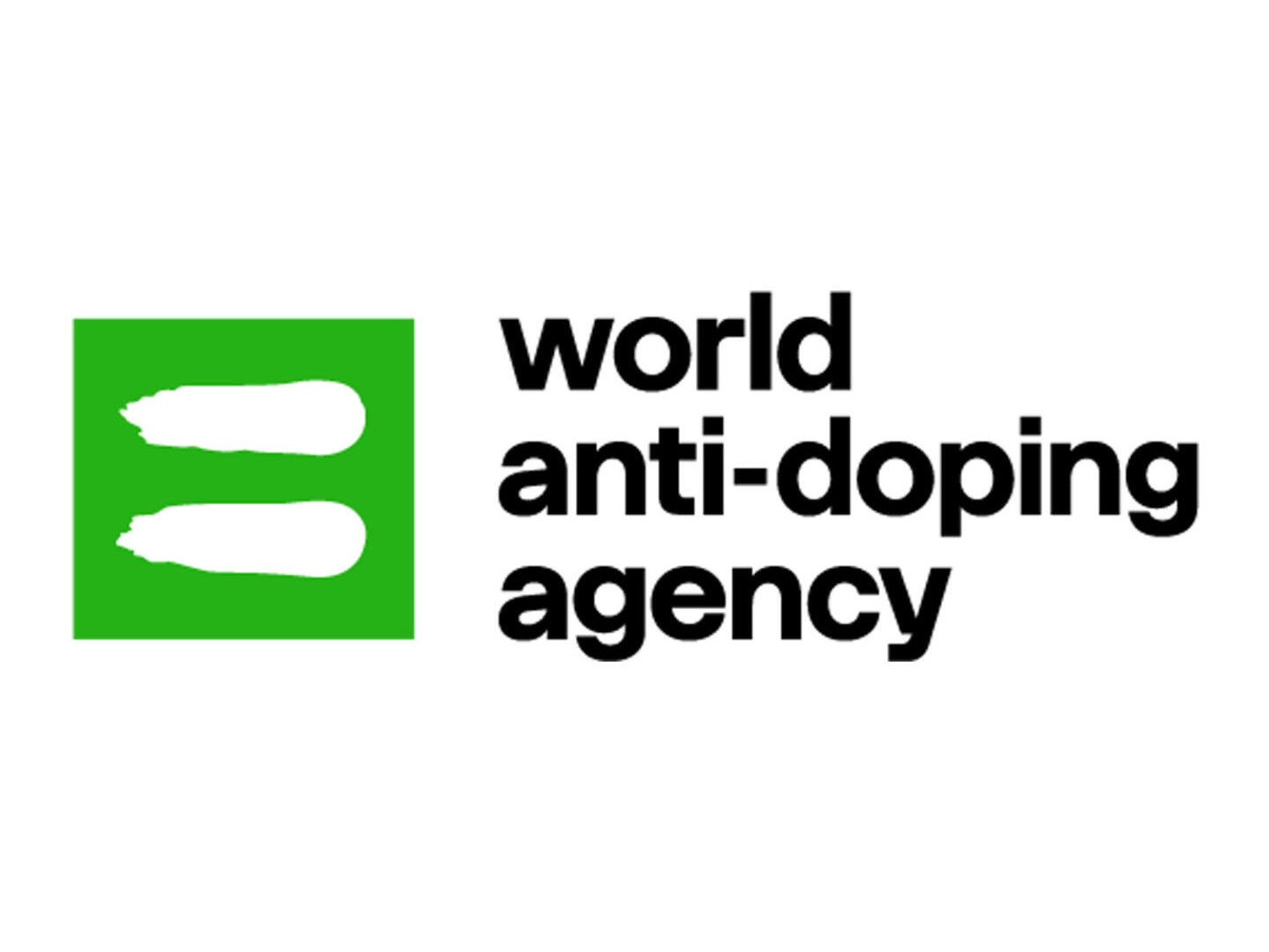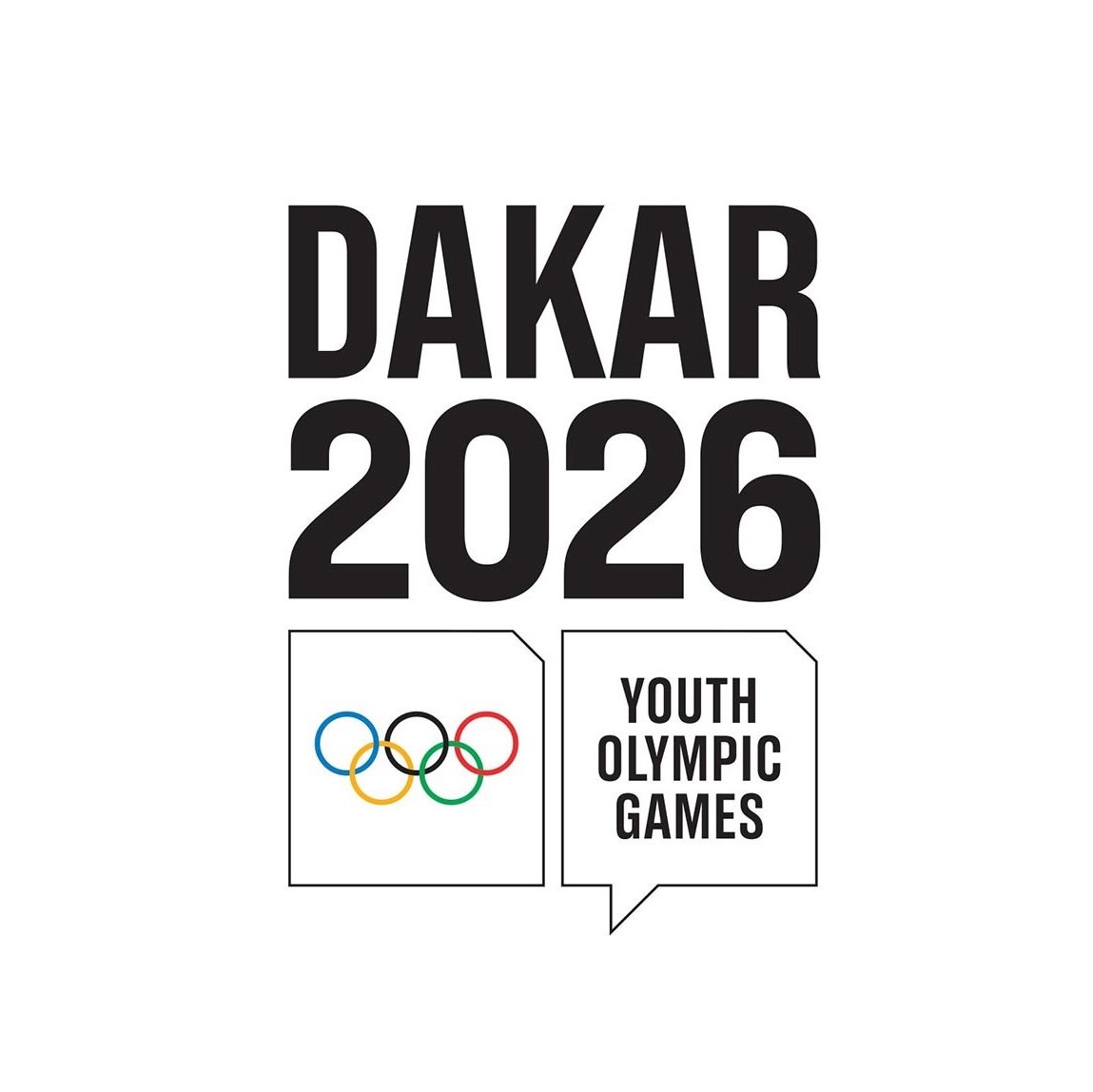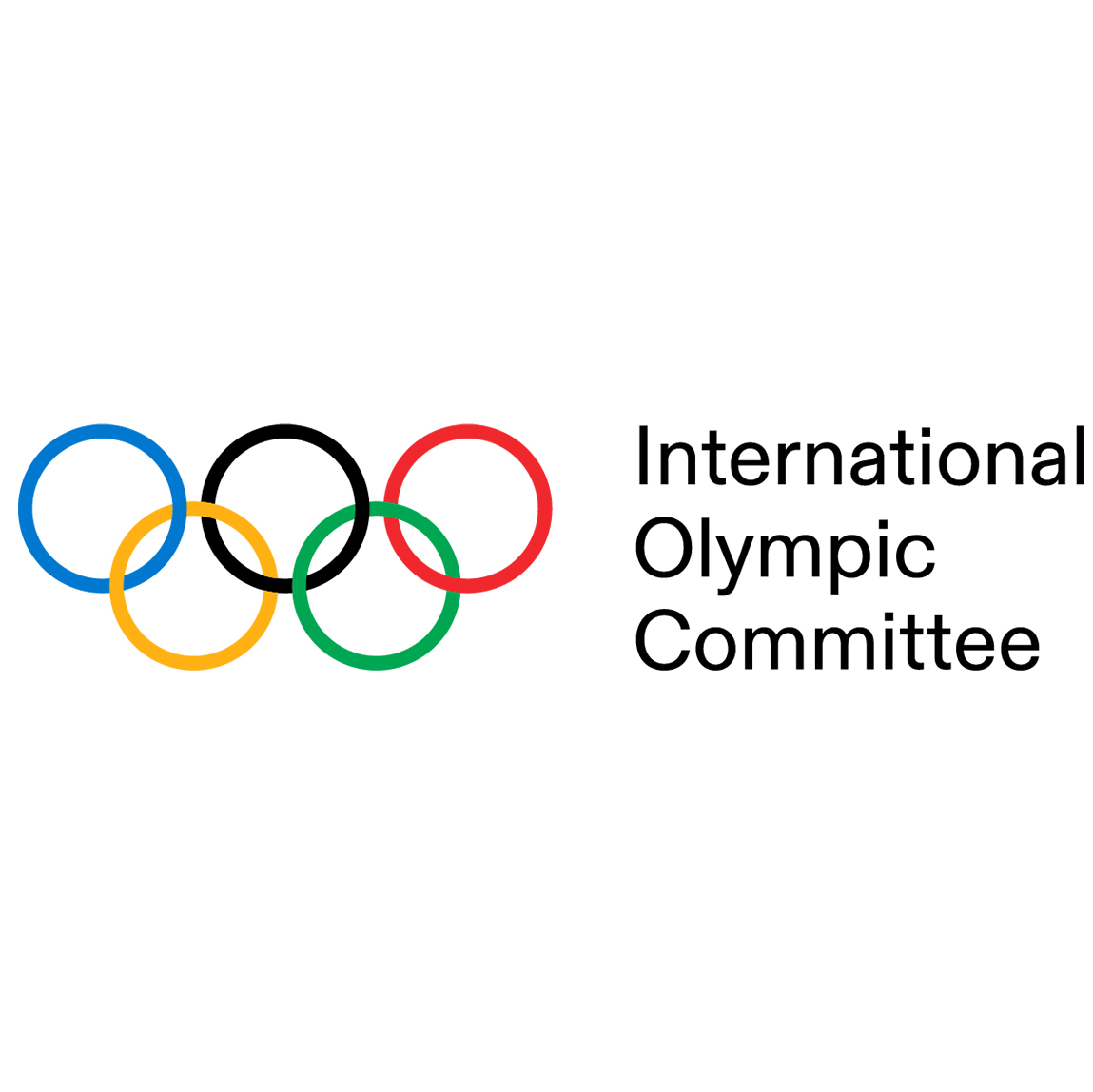
WADA publishes testing figures and calls on Anti-Doping Organizations to take full advantage of IOC’s long-term sample storage
The World Anti-Doping Agency (WADA) publishes the latest global testing figures, which show that the anti-doping community has managed to maintain close to normal levels of testing around the world throughout 2021 despite ongoing challenges presented by COVID-19.
WADA also calls on all Anti-Doping Organizations (ADOs) – International Federations (IFs), National Anti-Doping Organizations (NADOs) and Regional Anti-Doping Organizations (RADOs) – to make the most of the International Olympic Committee’s (IOC’s) long-term storage programme so that samples collected by ADOs from athletes in the lead-up to the 2022 Beijing Winter Olympic Games can be stored securely and without cost to ADOs at the International Testing Agency’s (ITA’s) storage facility in Switzerland. The samples can then be used in the future for further analysis as new scientific and analytical methods are continually being developed.
The latest testing figures, outlined in the tables below, show that almost 274,254 doping control samples were collected by 256 ADOs in 2021, compared to 168’256 samples collected by 207 ADOs in 2020 and just over 305’881 by 253 ADOs in 2019. While the level of in-competition testing remains lower than in pre-pandemic times, primarily because of fewer events taking place in 2021, the number of out-of-competition samples in the past 12 months is more than for 2019.
WADA is very supportive of the implementation of the long-term sample storage programme – delivered by the ITA on behalf of the IOC – where samples collected from Olympic athletes prior to the Games can be stored for up to 10 years at no cost to the ADO.
WADA President Witold Bańka said: “The latest testing figures show that the anti-doping community has managed to maintain high levels of testing despite a return of severe restrictions in many parts of the world due to Omicron and other variants of the virus. This demonstrates great resilience, collaboration and innovation as we continue to protect athletes in the build-up to next month’s Winter Olympic and Paralympic Games in Beijing.
“I urge all Anti-Doping Organizations that have not yet done so, to take full advantage of the pre-Olympic long-term storage programme. This excellent initiative allows them to put samples away securely for possible further analysis in the future. It has already proven to be effective to detect doping retrospectively as science advances. What makes this even better for the Anti-Doping Organizations is that the transport and storage costs are borne entirely by the IOC.
ADOs interested in making the most of this opportunity are asked to contact the ITA directly at storage@ita.sport.

























